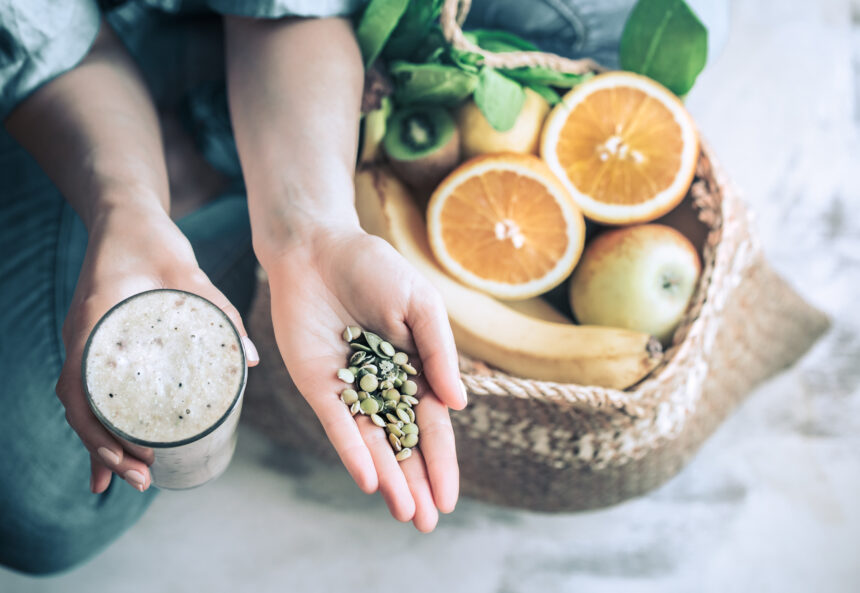Maintaining a healthy digestive system is essential for overall well-being and vitality. As men in South Africa lead busy and often stressful lives, it becomes even more crucial to prioritize gut health. A well-functioning digestive system not only aids in nutrient absorption but also plays a significant role in immune function, mental clarity, and even mood regulation. In this article, we will explore some practical tips and dietary guidelines to promote healthy digestion among South African men.
- Eat a Balanced Diet: A balanced diet is the foundation of good gut health. Aim to include a variety of fruits, vegetables, whole grains, lean proteins, and healthy fats in your meals. South Africa is blessed with an abundance of fresh produce, so take advantage of local fruits and vegetables to add color and diversity to your plate. Fiber-rich foods like legumes, whole grains, and leafy greens help maintain regular bowel movements and support a healthy gut microbiome.
- Stay Hydrated: Adequate hydration is crucial for digestion. Water helps break down food, absorb nutrients, and move waste through the digestive tract. Aim to drink at least eight glasses of water per day and increase your intake during hot weather or intense physical activity. Herbal teas and natural fruit juices can also contribute to your overall fluid intake.
- Manage Stress: Chronic stress can wreak havoc on your digestive system. When you’re stressed, your body diverts resources away from digestion, leading to issues like indigestion, bloating, and constipation. Engage in stress-management techniques such as exercise, meditation, deep breathing, or pursuing hobbies to reduce stress levels and promote optimal digestion.
- Regular Exercise: Physical activity not only helps maintain a healthy weight but also promotes regular bowel movements. Aim for at least 30 minutes of moderate exercise, such as brisk walking, jogging, or cycling, most days of the week. Regular exercise stimulates the muscles in your digestive tract, aiding in smooth and efficient digestion.
- Limit Processed Foods and Sugar: Processed foods high in sugar, unhealthy fats, and artificial additives can disrupt the balance of beneficial bacteria in your gut and lead to digestive issues. Opt for whole, unprocessed foods whenever possible. Minimize your intake of sugary drinks, snacks, and desserts as they can contribute to bloating, gas, and discomfort.
- Probiotics and Fermented Foods: Probiotics are beneficial bacteria that support a healthy gut. Including probiotic-rich foods in your diet, such as yogurt, kefir, sauerkraut, and kimchi, can help restore and maintain a diverse gut microbiome. These foods can improve digestion and enhance nutrient absorption. Alternatively, you can consider taking a high-quality probiotic supplement after consulting with a healthcare professional.
- Moderation in Alcohol Consumption: Excessive alcohol consumption can irritate the lining of the digestive tract, disrupt the gut microbiome, and impair digestion. Practice moderation and limit alcohol intake to a few drinks per week. Additionally, avoid binge drinking and hydrate adequately when consuming alcoholic beverages.
- Chew Your Food Thoroughly: Digestion begins in the mouth. Chewing your food thoroughly not only aids in the breakdown of food particles but also promotes the release of digestive enzymes. Take the time to savor your meals and eat mindfully, allowing your body to digest food more effectively.
- Get Adequate Sleep: Quality sleep is essential for overall health, including digestion. Poor sleep patterns can disrupt the balance of gut bacteria and contribute to digestive issues. Aim for 7-9 hours of uninterrupted sleep each night to support optimal digestion and overall well-being.
- Seek Professional Help: If you experience persistent digestive problems such as chronic constipation, diarrhea, or abdominal pain










